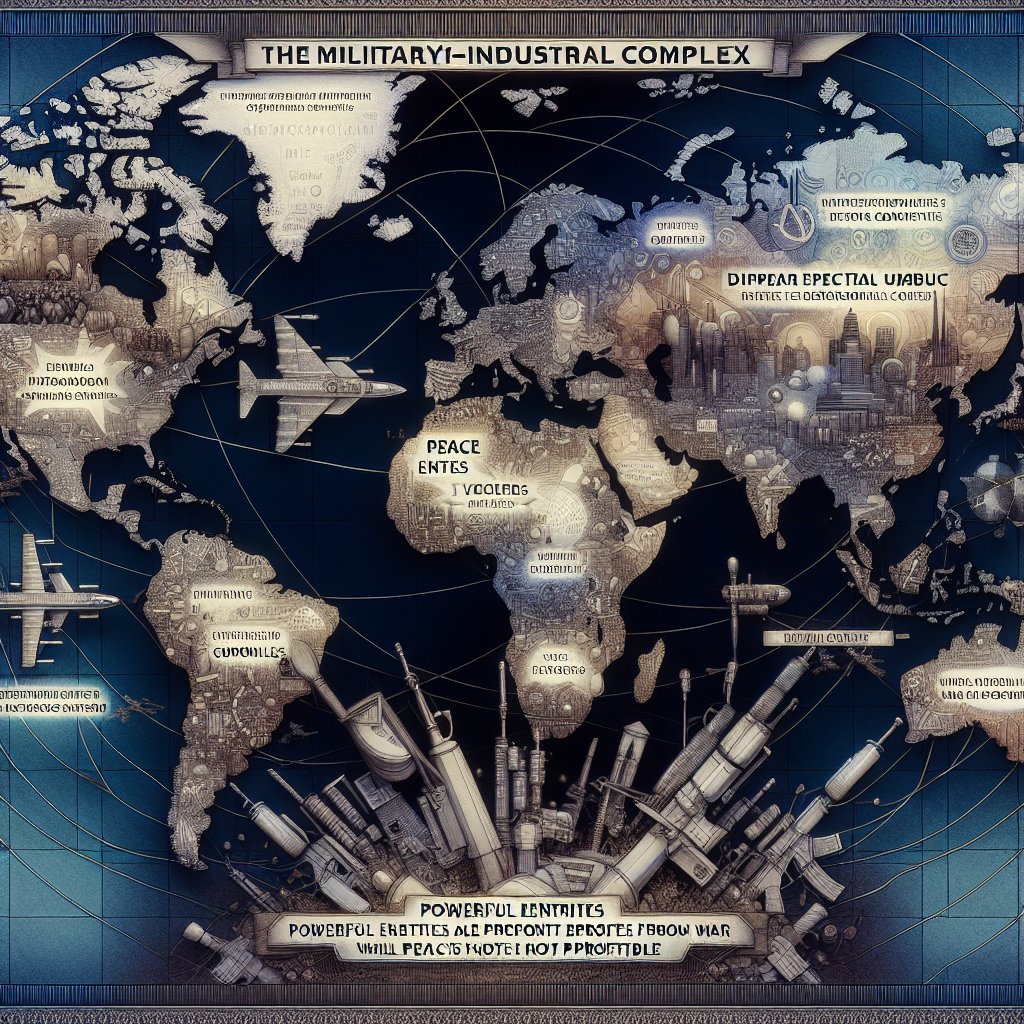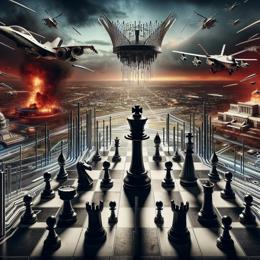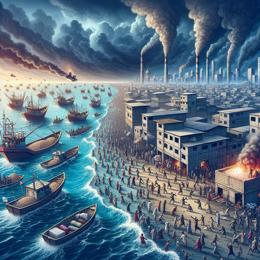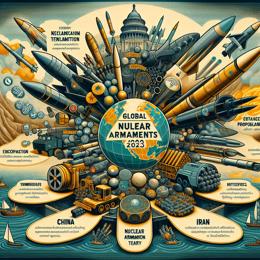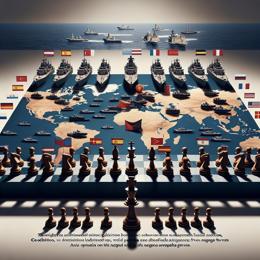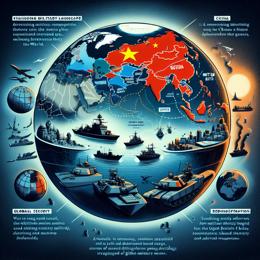Image: AI generated for illustration purposes
Unmasking the Military-Industrial Complex: The Drivers of Modern Warfare
The concept of a peaceful world often seems more like a utopian dream than an achievable reality, despite the optimistic proclamations by politicians and front pages of international media. The persistent existence and influence of the military-industrial complex – a term popularized by U.S. President Dwight D. Eisenhower – serve as a stark reminder of the real forces at play behind global politics and warfare.
The military-industrial complex refers to the synergistic relationship between a nation's armed forces and the defense industry that provides it with weapons and technology. This symbiotic dynamic is not merely a theoretical framework; it has tangible manifestations and real consequences that impact international relations and national policies.
Eisenhower's warning of the military-industrial complex's capacity to wield excessive power over national affairs was more than prescient. The recurring pattern of war's lucrative appeal for certain sectors belies the unabated activities of defense contractors, research institutions, and government agencies associated with defense expenditure. It is these actors who are heavily invested in researching and executing future wars – prioritizing financial gains and strategic advantage over civilian lives and the quest for a genuinely safer world.
The impact of this complex cuts deep. It is rooted in the fiscal and strategic commitments countries make toward defense sectors, driven by the continuous demand for advanced weapons and military technology. Companies like Halliburton and Blackwater represent the convergence of private interest and public policy in a manner that blurs the lines between national security and commercial gain. Allegedly, spearheaded by political figures like Dick Cheney and Donald Rumsfeld, their operations encapsulate the privatization of military functions, purportedly for efficiency, but with dubious implications for transparency and democratic oversight.
The story extends far beyond the U.S. borders. The global discourse around potential threats – whether the specter of an expansionist Russia, assertions of a nuclear-armed Iran, or the often-cited instability of the Middle East – rarely escapes the framing influence of Western military contractors and their agenda. Subtly embedded within peaceful societies, their presence acts as catalysts for conflict that ultimately sustains the profitability of the war machine.
Media outlets, consciously or not, have been complicit in this narrative, projecting an image of external religious and ethnic tensions as the primary instigators of war. Meanwhile, the less visible but significant provocations emanate from vested interests in the quiet manipulations of the military-industrial complex. The perpetuation of ethnic and religious oppression, the escalation of resistance movements, and the readiness for conflict serve the economic interests of defense contractors and the strategic goals of their governmental partners.
The expenditure on military and intelligence innovations in the West is monumental, paralleled by the placement of operatives in zones of potential conflict. Such actions ensure the continuation of oppression and resistance, contributing to the unsettling conclusion that there is no profit in peace for those who hold the reins of power within the military-industrial complex.
As these revelations come to light, the image of a benevolent force vying for global peace becomes increasingly suspect. Instead, the watchful eyes of voters and the international community should question whether the balance sheets bloated by warfare funding reflect an unfettered devotion to peace or a calculated perpetuation of conflict for monetary gains.
Our vision of a safer world is not aligned with the objectives that drive the military-industrial complex – a reality that continues to unfold despite the changing faces in political and military leadership. The pursuit of peace seems to remain secondary to the entrenched interests that profit from the perpetuation of global instability and warfare.
